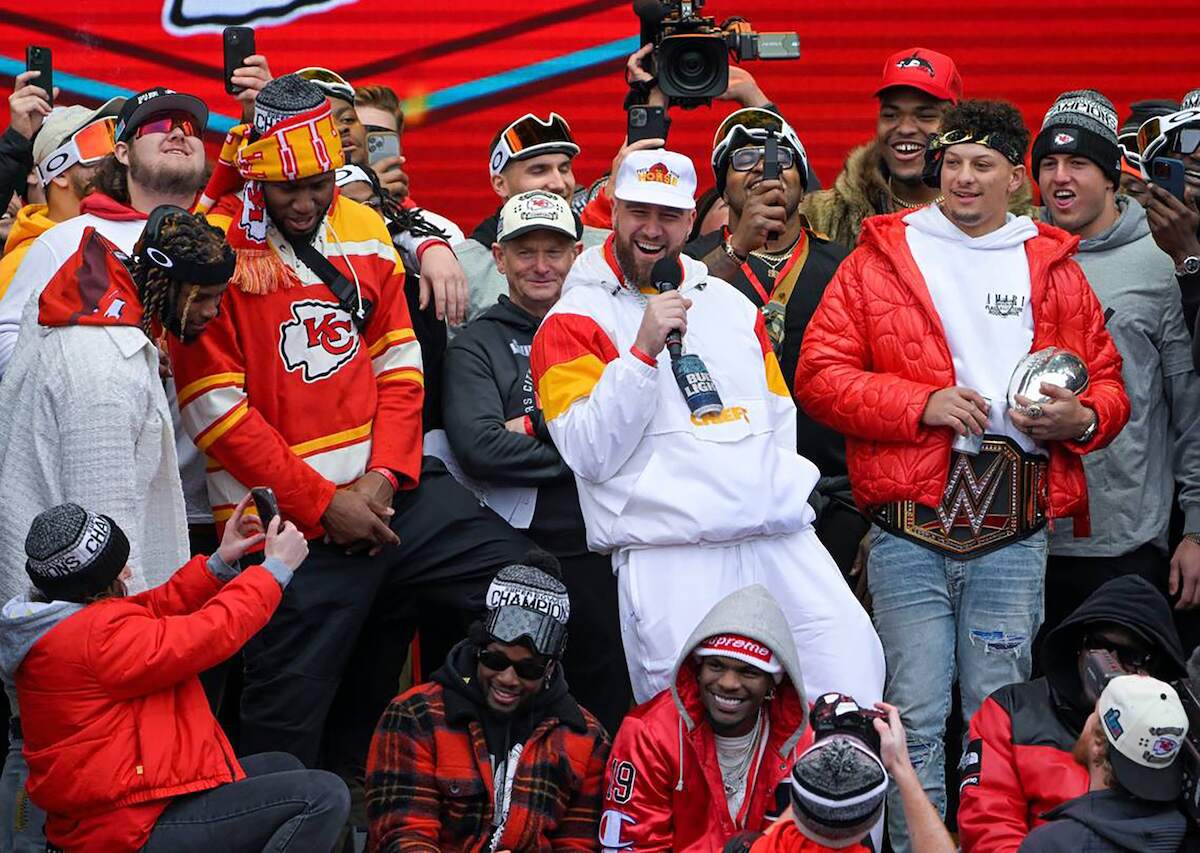NFL
Kansas City Chiefs Players Won Super Bowl LVII Despite Its Facilities and Support, Not Because of Them, According to NFLPA Survey

It's safe to say the Kansas City Chiefs have been an exemplary NFL franchise over the past decade in many ways, both on and off the field. Head coach Andy Reid and his coaching staff have overseen a master class in player development and execution, leading the team to multiple playoff appearances, three AFC championships, and two Super Bowl victories.
But the Chiefs aren't exemplary in every way. The NFL Players Association (NFLPA) recently surveyed its players to rate how well their teams perform in several areas, and Kansas City came up short in important categories. Let's examine how the Chiefs fared on this survey and why the results may surprise you.
How the NFLPA survey works
The NFLPA's mission is to represent its players. They also attempt to gauge player feedback on the state of the game and the teams that employ them. In that vein, they reached out to players for a survey of each team.
Their survey was meant to allow the players to sound off on how their teams fared in various categories relevant to them. These categories included:
- Treatment of families
- Food service/nutrition
- Weight room
- Strength coaches
- Training room
- Training staff
- Locker room
- Team travel
These issues have less to do with how the teams perform on the field (though high grades can correlate to on-field success) and more with player satisfaction. They speak to how the players are being treated, the conditions they're expected to perform in, and whether the teams are making the extra effort to care for their players.
While Kansas City leads the league in many ways behind the play of stars like Patrick Mahomes and Travis Kelce, they came up short in the abovementioned categories. The Chiefs' NFLPA report card was not fantastic.

The concerning areas where the Chiefs players expressed their doubts about the team
For being an organization that's on top of the football world and Super Bowl champs, the Chiefs could have performed better. They scored highly on their strength coaches (A-, tied for 17th overall) and on the treatment of player families (B, tied for 12th). Their weight room garnered a middling C+. Every other category was a D or F.
The report called out the Chiefs‘ players belief that their facility needs a significant upgrade. The money quote from the findings was this: “Only 56% of respondents believe that club owner Clark Hunt is willing to invest the money to upgrade the facility, ranking him 27th in this category.” Additionally, the report cited the team's locker room as “old and in desperate need of a renovation.”
While those results are troubling, what might be even more alarming is the team's opinion of their trainer, Rick Burkholder.
The Chiefs players called their training staff into question
The Chiefs ranked their training staff worse than any other NFL team. The report called out Burkholder, stating the team didn't find fault with the rest of its training staff.
Here were the specific issues the team referred to:
- The players felt as if they were discouraged from reporting any injuries.
- They felt the training staff's level of personal care needed to be revised.
- They felt as if there would be retribution if they vocalized their concerns.
So where do the Chiefs go from here? They must sit down with Burkholder to discuss his communication with the players. It's impossible to say how much blame falls on the trainer and what responsibility should rest with systemic issues within the organization. It's critical to remember Burkholder's an employee of the team, and some of the attributes the players describe may be due to team influence.











